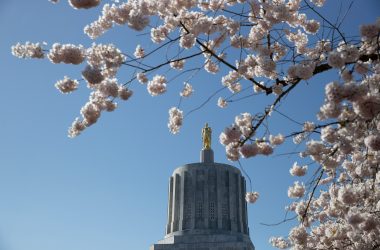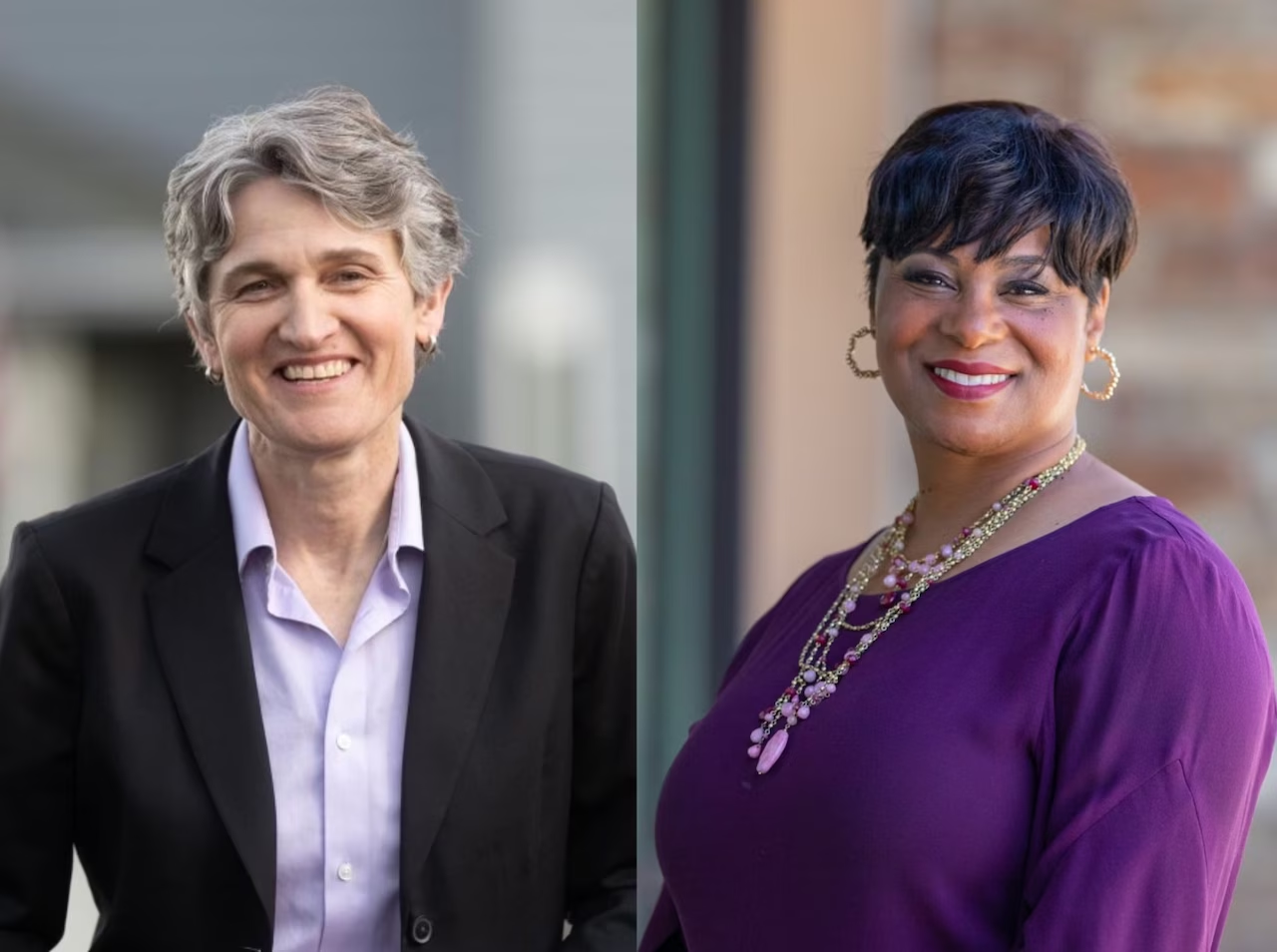Although Oregon’s political candidates talk about reducing homelessness, Jeff Widener said he still expects to be living on the street after the upcoming election.
Widener, 65, spends most of his days at Marion Square Park in Salem. He said he can’t remember anymore how many years he’s been homeless. But he does remember everything elected leaders have done to help him find shelter.
“Nothing,” Widener said. “All they do is run us off. If we’re in the park past dusk, we get run off. They give us trespassing tickets. That’s what they do.”
On any given day, about 14,700 people in Oregon were homeless in 2020, according to the latest data published by the U.S. Interagency Council on Homelessness. Tent and camper villages have popped up in urban areas, but people lack shelter in rural Oregon as well. Polls show the crisis is a big concern for voters. In a survey last week in the Portland area for The Oregonian/Oregonlive, 94% surveyed called homelessness “a very big problem,” outdistancing other concerns. Candidates have taken note and blasted Oregon’s current leadership. Some have even detailed plans to end the crisis.
But none of them actually talk to the homeless, Widener said: “We’re the real experts on this issue.”
He said the $861 a month he receives from Social Security as a person with disabilities is not enough. “It’s like money for sandwiches. It sure as heck isn’t going to pay rent,” Widener said.
Though he qualifies for Medicare, the federal health insurance for seniors and those with disabilities, his monthly check isn’t enough for out-of-pocket medical expenses, he said. “I have a really bad heart,” Widener said. “I went to the hospital from this park twice in the last two months. I wake up, I can’t breathe. My heart is just pounding like crazy,” he said.
Widener doesn’t plan to vote though he can register. Unlike many people who are unsheltered, he has a mailing address. It just happens to be the park.

A general mailing address
Polk County Clerk Val Unger said many people without homes can register to vote by giving her office their names and a general idea of where they live, even if it’s a park. While they can register to vote without a specific mailing address, she said, they have to have one to receive a ballot. The post office will not deliver a ballot to a park.
Bob Neron of McMinnville said he can’t even provide a park as an address. He shuttles between Joe Dancer Park in the day and nearby Marsh Lane at night to obey local camping restrictions. Neron said he became homeless six years ago, and political promises and public policies have only made his situation worse. He sees no hope in the election, he said.
“That’s very frustrating for us out here,” he added.
Neron said he would like to see the homeless involved in building their own temporary shelters on vacant land, possibly reusing discarded building materials. “That would be helpful, especially for people who want to have job skills,” he said.
Dominic Smith, 32,who sleeps on the grass less than a mile from the State Capitol Building, said a good way to help the homeless is to quit throwing them in jail for minor offenses like sleeping on public property past curfew.
“I just wish people wouldn’t go to jail,” Smith said. “That’s my wish. That’s my heart. I’m like, ‘Is there any other way we can resolve this here?’ That’s what I’m trying to work toward.”
Neron said he knows millions of dollars are allocated every legislative session to help the homeless. He just doesn’t know where it goes, “Someone is getting money, but it’s not us,” he said.
McMinnville received $1.5 million from the 2021 Legislature for a “navigation center” to provide shelter and social services. Roseburg also received $1.5 million for a center, while Bend and Medford received $2.5 million, and Salem and Eugene received $5 million.
Anne Aurand, communications director for the City of Bend, said Bend’s center, the Lighthouse Navigation Center, helps people secure permanent housing, health services and public benefits.
Other centers are in various states of completion.
“Some of them may report being open, but most of them look more like traditional shelters and do not follow the state model,” said Jimmy Jones, executive director of the Mid-Willamette Valley Community Action Agency in Salem.
Jones said he understands why many people without shelter have given up hope on the political process.
“They should be frustrated,” he said. “I’m frustrated too. It’s a slow process.”
Oregon Capital Chronicle is part of States Newsroom, a network of news bureaus supported by grants and a coalition of donors as a 501c(3) public charity. Oregon Capital Chronicle maintains editorial independence. Contact Editor Lynne Terry for questions: [email protected]. Follow Oregon Capital Chronicle on Facebook and Twitter.
STORY TIP OR IDEA? Send an email to Salem Reporter’s news team: [email protected].









